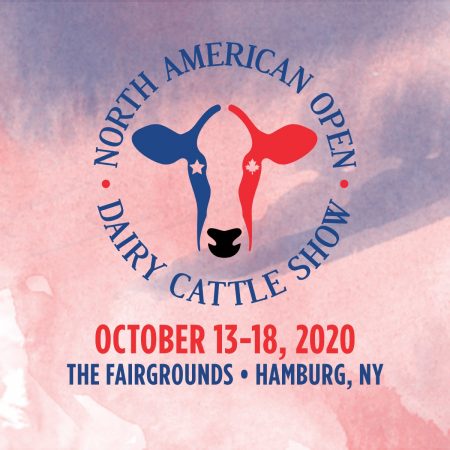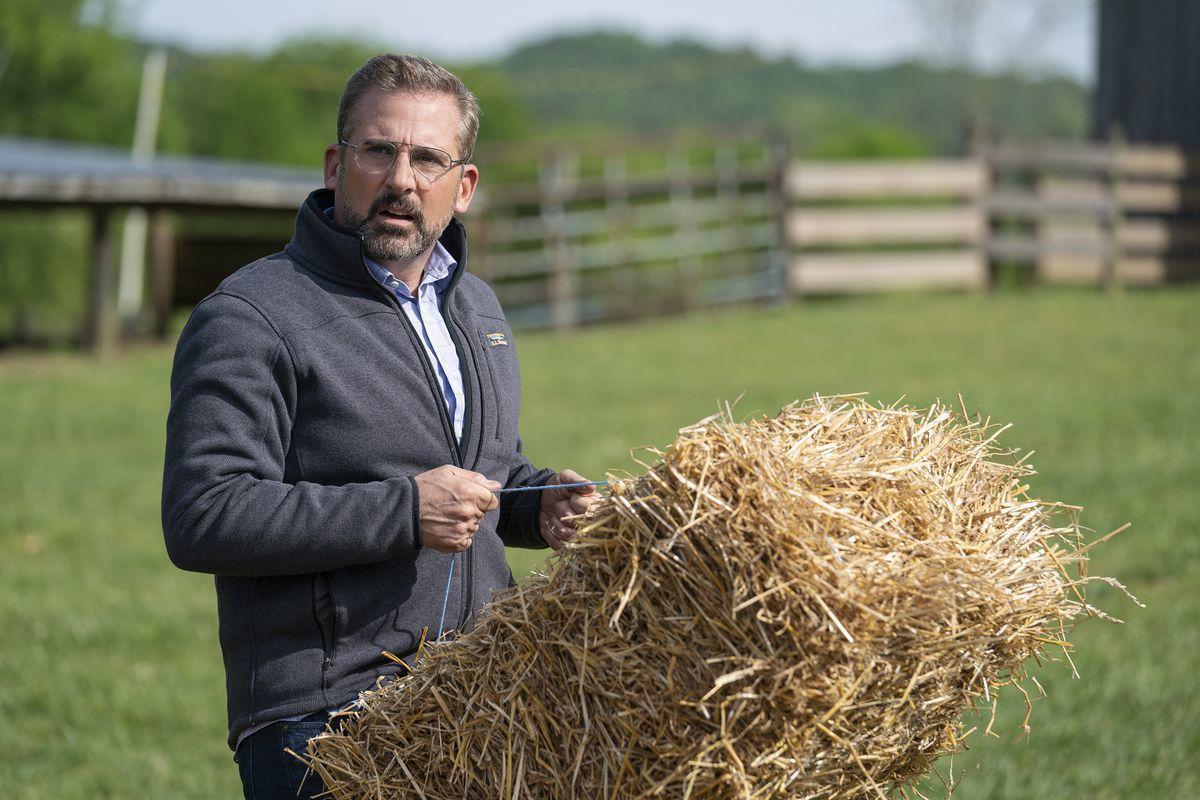 Four outstanding individuals are being honored with National Dairy Shrine’s Pioneer Award this year in recognition of their significant contributions to the dairy industry. The four will join a distinguished group of industry leaders whose portraits are displayed at the National Dairy Hall of Fame at the National Dairy Shrine Museum in Fort Atkinson, Wisconsin.
Four outstanding individuals are being honored with National Dairy Shrine’s Pioneer Award this year in recognition of their significant contributions to the dairy industry. The four will join a distinguished group of industry leaders whose portraits are displayed at the National Dairy Hall of Fame at the National Dairy Shrine Museum in Fort Atkinson, Wisconsin.
Among the Pioneers being honored is Dr. Donald R. Monke of Plain City, Ohio, the respected veterinarian who helped open international markets for American dairy cattle genetics and whose work and research led to improvements in male bovine management and care during a 40-year career at Select Sires Inc.
Born in Illinois, Donald Monke earned his Doctor of Veterinary Medicine (DVM) degree in 1977 from the University of Illinois at Urbana-Champaign, and then a Master’s of Business Administration from Franklin University in 2003.
In May 1977, Monke joined the staff of Select Sires Inc., the Plain City, Ohio, based A.I. cooperative that today is North America’s largest A.I. organization. Monke was the first Chief Staff Veterinarian in Select Sires’ history and in his role oversaw and managed the health and welfare of the company’s bulls. He was named Vice President of Sire Health Programs in 1991 and in 2003 was appointed Vice President of Production Operations. During his 40 years at Select Sires, Monke spearheaded the design, construction and renovation of facilities used to house the company’s bulls. He developed health, biosecurity, and emergency management protocols to help prevent the seminal transmission of bovine disease. He took the knowledge he gained from researching bovine diseases, and how they may be transmitted via frozen semen, and translated that into practical bull stud management. When Monke retired in June 2017, the Select Sires Board of Directors honored this committed, foresighted employee by naming their Export Production and Housing Facility the D.R. Monke Production Center.
Monke’s expertise on bull health and the A.I. business led him to be called upon many times to assist with the negotiation of international health regulations related to the export of bull semen. Monke travelled extensively as a veterinary technical advisor for the National Association of Animal Breeders (NAAB) and the U.S. Department of Agriculture-Animal and Plant Health Inspection Service to help develop and negotiate international bull semen health requirements so that semen from the United States could be exported to dairy producers in countries around the world.
As David Thorbahn, Select Sires CEO, says, “Dr. Monke’s work in disease transmission, aiding the breeding industry in negotiating domestic and exporting health regulations, developing strict biosecurity protocols for managing bovines, and his research and clinical work that improved the standards of care for over 1,600 highly valuable bulls at Select Sires has earned him high regard.”
Monke helped to educate dairy producers and veterinarians on bull care and health and disease prevention through his countless technical presentations at domestic and international conferences and his extensive articles that were published in scientific and lay publications. Dr. Gordon Doak, NAAB President Emeritus, states, “Monke’s contributions to health programs for bulls in A.I. over the years has been instrumental in protecting the health of dairy and beef producers’ herds as they employ A.I. to utilize the best genetics available to them.” Dr. Tony Forshey, State Veterinarian for the Ohio Department of Agriculture, says, “Monke’s dedication to excellence by developing and adopting cutting edge technologies has allowed him to contribute to improving dairy herd health and semen quality.”
Monke has been actively involved in many organizations. He was Chairman of the NAAB Board of Directors from 2003-05, a member of the NAAB Sire Health and Management Committee for 16 years (1978-93) and Chairman of that group for eight years, as well as Board Chairman of NAAB’s subsidiary, Certified Semen Services, for 12 years. In 2014, Monke was recognized with NAAB’s Distinguished Service Award. Monke has been a member of the U.S. Animal Health Association for over 40 years where he has served on numerous animal health and import/export committees including the Bluetongue and Bovine Retrovirus Committee. From 1984-95, he was also an Adjunct Assistant Professor in the Department of Veterinary Preventative Medicine at The Ohio State University College of Veterinary Medicine.
For more information about National Dairy Shrine, the banquet, or the students and dairy industry leaders being recognized this year, contact National Dairy Shrine’s office at info@dairyshrine.org or visit their website.








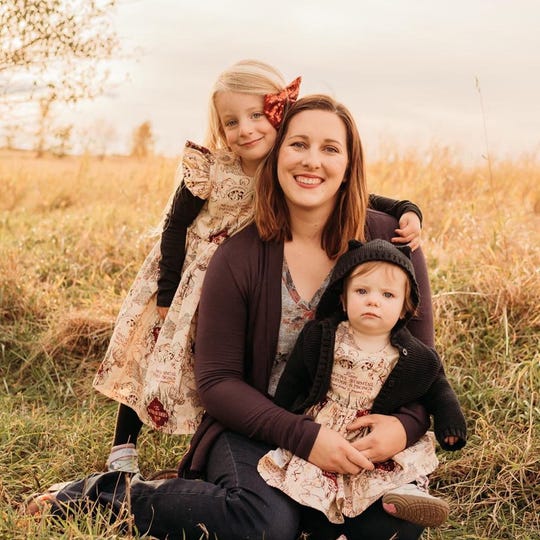 Just when it looks like the storm has let up with a little relief in early 2020 milk markets, another storm bears down, leaving Michigan dairy farmers to believe that short reprieve was just the eye of the storm — a small window of peace and security between the front and back ends of a deluge.
Just when it looks like the storm has let up with a little relief in early 2020 milk markets, another storm bears down, leaving Michigan dairy farmers to believe that short reprieve was just the eye of the storm — a small window of peace and security between the front and back ends of a deluge. Holstein Canada is pleased to reveal the 2020-2021 Committees, ensuring the Board of Directors continues to receive input from its grassroots membership and industry partners. This year, Jason Rietveld and Tony van Lith have joined the Breed Advisory Committee. We also have added a new Data and Technology Committee.
Holstein Canada is pleased to reveal the 2020-2021 Committees, ensuring the Board of Directors continues to receive input from its grassroots membership and industry partners. This year, Jason Rietveld and Tony van Lith have joined the Breed Advisory Committee. We also have added a new Data and Technology Committee.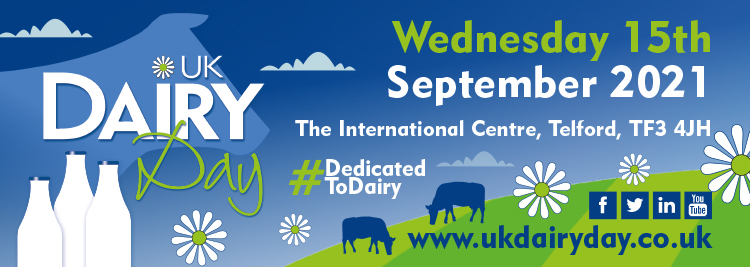



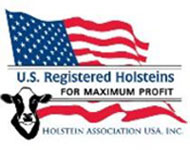

 When the 2018 St Patrick’s Day fires hit Phillip Grummett’s farm near Terang, it wasn’t only the grass that was damaged.
When the 2018 St Patrick’s Day fires hit Phillip Grummett’s farm near Terang, it wasn’t only the grass that was damaged.
 A global pandemic is not pausing a young woman’s passion for the dairy industry.
A global pandemic is not pausing a young woman’s passion for the dairy industry.

 Finding new ways to reduce the impact on the environment, manage resources efficiently and increase benefits to biodiversity and bioeconomy is a crucial part of the commitment made by the dairy sector for continuous improvement, the IDF said.
Finding new ways to reduce the impact on the environment, manage resources efficiently and increase benefits to biodiversity and bioeconomy is a crucial part of the commitment made by the dairy sector for continuous improvement, the IDF said.
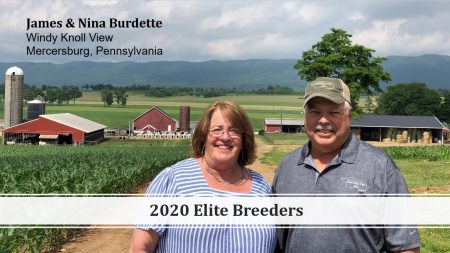 The 2020 Holstein Association USA Elite Breeder award winners are James and Nina Burdette of Windy Knoll View Farm in Mercersburg, Pa. The Windy Knoll View prefix is synonymous with Registered Holsteins® with outstanding conformation. For the past 44 years, breeding upstanding, strong cattle, with deep maternal and paternal lines, has been the focus of Registered Holsteins for the Burdettes.
The 2020 Holstein Association USA Elite Breeder award winners are James and Nina Burdette of Windy Knoll View Farm in Mercersburg, Pa. The Windy Knoll View prefix is synonymous with Registered Holsteins® with outstanding conformation. For the past 44 years, breeding upstanding, strong cattle, with deep maternal and paternal lines, has been the focus of Registered Holsteins for the Burdettes.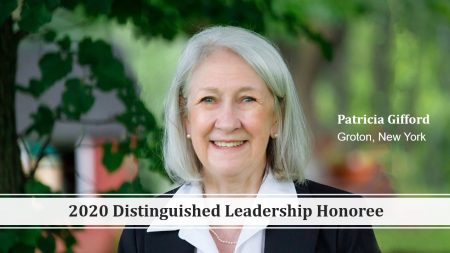 The 2020 Distinguished Leadership Award honoree is Patricia Gifford of Groton, N.Y. Patsy’s unselfish leadership has motivated young Holstein enthusiasts to set goals, achieve them, and work to create new ones. Simply put, she inspires others to be good human beings.
The 2020 Distinguished Leadership Award honoree is Patricia Gifford of Groton, N.Y. Patsy’s unselfish leadership has motivated young Holstein enthusiasts to set goals, achieve them, and work to create new ones. Simply put, she inspires others to be good human beings.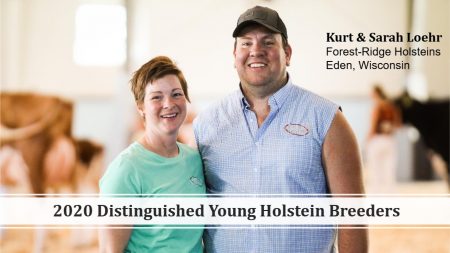 Kurt and Sarah Loehr of Eden, Wisconsin are the winners of the 2020 Distinguished Young Holstein Breeder award. The Loehrs’ cattle are registered under the Forest-Ridge prefix.
Kurt and Sarah Loehr of Eden, Wisconsin are the winners of the 2020 Distinguished Young Holstein Breeder award. The Loehrs’ cattle are registered under the Forest-Ridge prefix. 

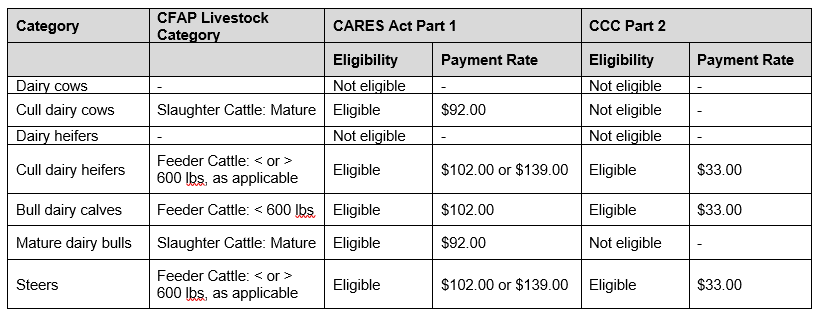
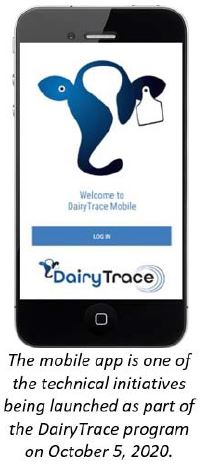 “Providing protection and peace of mind to consumers is vital, and when it is fully implemented, DairyTrace will provide a high-quality, national dairy cattle traceability system that takes our industry’s efforts to the next level,” says Gert Schrijver, dairy producer and Chairman of Lactanet’s DairyTrace Advisory Committee. “The launch of DairyTrace will be a pivotal milestone for dairy producers, as it will provide the data management infrastructure needed to provide – for the first time – a true, pan-Canadian picture of the movements of dairy cattle.”
“Providing protection and peace of mind to consumers is vital, and when it is fully implemented, DairyTrace will provide a high-quality, national dairy cattle traceability system that takes our industry’s efforts to the next level,” says Gert Schrijver, dairy producer and Chairman of Lactanet’s DairyTrace Advisory Committee. “The launch of DairyTrace will be a pivotal milestone for dairy producers, as it will provide the data management infrastructure needed to provide – for the first time – a true, pan-Canadian picture of the movements of dairy cattle.”.JPG)
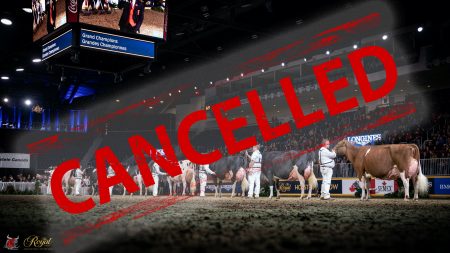 Due to our ongoing concern regarding the COVID-19 pandemic, the excitement of The Royal will have to wait for another year. The Royal’s Board of Directors today made the heart-wrenching but unanimous decision to cancel the 2020 Royal Agricultural Winter Fair, originally scheduled for November 6th to 15th at Exhibition Place, Toronto. This treasured annual tradition will return better than ever in 2021.
Due to our ongoing concern regarding the COVID-19 pandemic, the excitement of The Royal will have to wait for another year. The Royal’s Board of Directors today made the heart-wrenching but unanimous decision to cancel the 2020 Royal Agricultural Winter Fair, originally scheduled for November 6th to 15th at Exhibition Place, Toronto. This treasured annual tradition will return better than ever in 2021.
 A Chippewa County woman has been crowned as Wisconsin’s 73rd Alice in Dairyland. Julia Nunes, 23, from Tilden was selected for the title Saturday night during a Facebook Live event from Walworth County.
A Chippewa County woman has been crowned as Wisconsin’s 73rd Alice in Dairyland. Julia Nunes, 23, from Tilden was selected for the title Saturday night during a Facebook Live event from Walworth County. New legislation introduced Monday in
New legislation introduced Monday in 


